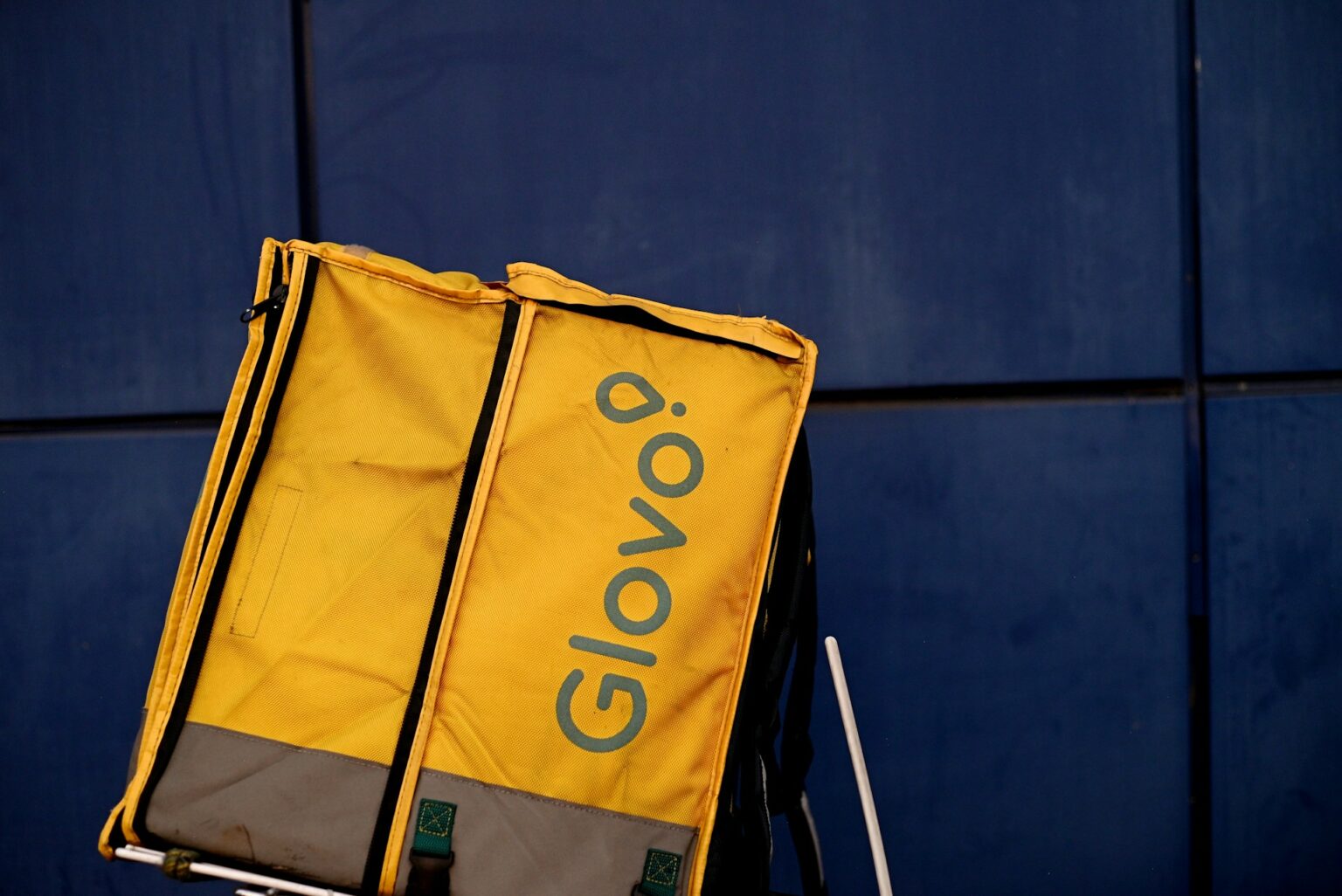Glovo Morocco has reached a settlement agreement with Morocco’s Competition Council, putting an end to an antitrust investigation into the company’s operations in the country’s food delivery sector.
The Spanish-founded delivery platform, now majority-owned by German firm Delivery Hero, has pledged to implement a series of measures aimed at strengthening transparency and fairness in the Moroccan market, Morocco World News reported.
Commitments to Partners and Couriers
For restaurant and café partners, Glovo will amend its commercial agreements by removing exclusivity clauses. The company also plans to publish a detailed guide outlining the criteria for partner ranking on its platform, in an effort to enhance transparency and give businesses greater visibility into how the app operates.
For couriers, Glovo has committed to pioneering new standards for independent platform workers in Morocco. The company will contribute an additional MAD 31 million ($3.1 million) annually to self-employed couriers, subject to specific conditions to be outlined during the program’s rollout.
In addition, Glovo will establish a MAD 5 million ($500,000) annual Impact Fund dedicated to scholarships for higher education and vocational training. This initiative seeks to broaden couriers’ career prospects, knowledge, and skills.
The company also intends to implement a transparent service pricing structure, promote awareness of legal compliance, provide access to tailored insurance solutions, and introduce professional development and road safety initiatives.
In total, Glovo’s new commitments amount to over MAD 35 million ($3.5 million) in additional annual financial contributions, which the company describes as “a new standard for independent platform workers in Morocco.”
Settlement Amid Recent Tensions
The agreement comes during a turbulent period for Glovo in Morocco. Earlier this month, couriers staged protests in Casablanca, voicing concerns about inadequate earnings, high personal costs, and a controversial depiction of Morocco on the company’s application that allegedly excluded the Sahara region.
Glovo responded by attributing the map issue to a “technical anomaly” caused by an external update and confirmed that the error had been corrected. The company emphasized that it operates “across the entire national territory, from Tangier to Laayoune, with full respect for the Kingdom’s territorial integrity.”
Company representatives also highlighted recent dialogue sessions with couriers in Casablanca, where Glovo presented “concrete proposals aimed at improving the couriers’ experience.”
Market Position and Regulatory Context
Morocco represents Glovo’s fourth-largest market globally, with more than 6,500 business partners and 4,500 couriers nationwide. Since its launch in the country, the platform has significantly shaped the local home delivery industry.
The Competition Council, led by Ahmed Rahhou, had accused Glovo of abusing its dominant market position, exploiting the economic dependency of its partners, and engaging in unfairly low pricing strategies. These alleged practices were deemed violations of Article 7 of Law No. 104-12 on freedom of prices and competition, which prohibits unjustified commercial conditions and other forms of anticompetitive conduct.
The investigation was initiated through a self-referral decision (No. 20/D/2024) dated February 19, 2024, and followed a surprise inspection of Glovo’s Casablanca offices in October 2024. The Council formally notified the company of the allegations in May 2025.
Glovo chose to settle, citing its desire to “continue to focus fully on its mission” of supporting partners, couriers, and customers in Morocco. The company stressed that the settlement reflects its commitment to maintaining “a constructive relationship with Moroccan authorities and regulatory bodies.”
Broader Challenges for Glovo
The settlement in Morocco comes as Glovo faces growing scrutiny internationally. In June, European authorities fined the company €106 million for anticompetitive practices, including no-poaching agreements. The company’s economic model, based on the use of independent couriers, continues to draw criticism from regulators and labor advocates across multiple markets.
